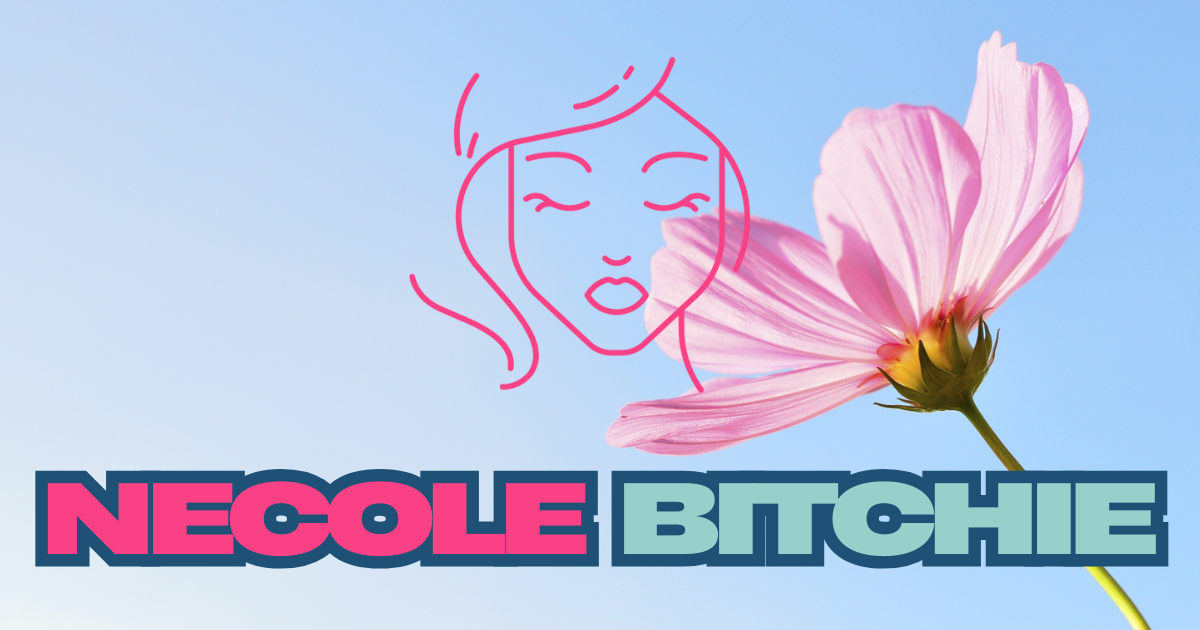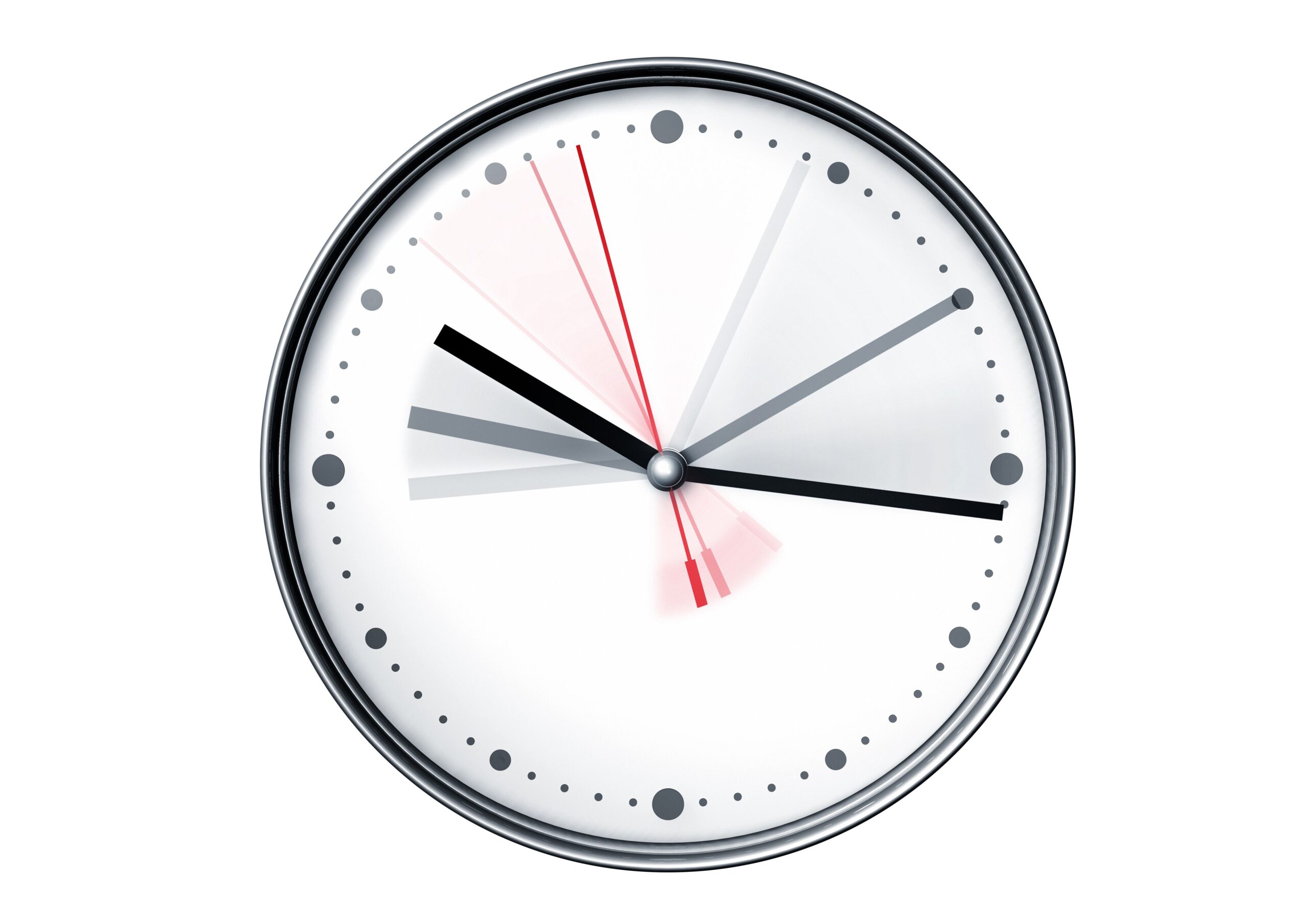How to Learn Fashion: Complete Guide to Developing Your Style Expertise
Understand fashion fundamentals
Learn fashion require build a solid foundation in design principles, color theory, and textile knowledge. Start by study the basic elements that make fashion work: silhouette, proportion, texture, and color harmony. These fundamentals form the backbone of every successful fashion decision, whether you’re design clothes or curate a personal wardrobe.
Fashion history provide crucial context for understanding current trends and predict future directions. Study iconic designers liCoco ChanelneChristian Diorior, aYves Saint Laurentent to understand how fashion evolve. Each era bring revolutionary changes that continue influence contemporary design.
Color theory play a vital role in fashion success. Learn how different hues interact, which combinations create visual impact, and how colors affect mood and perception. Understand warm and cool tones, complementary colors, and seasonal palettes will enhance your fashion instincts importantly.
Build your fashion education
Formal education offer structured learning through fashion design programs, merchandise courses, and textile studies. Many universities provide comprehensive fashion programs cover everything from sketch techniques to business management. Nevertheless, formal education isn’t the only path to fashion expertise.
Online courses have revolutionized fashion education accessibility. Platforms offer specialized classes in fashion illustration, pattern making, styling, and fashion photography. These courses oftentimes feature industry professionals share real world insights and practical techniques.
Fashion books remain invaluable resources for deep learning. Invest in comprehensive guides cover fashion history, design principles, and industry insights. Books by fashion journalists, designers, and stylists provide diverse perspectives on the industry’s inner workings.

Source: ct101.commons.gc.cuny.edu
Workshops and seminars offer hands on learn opportunities. Many fashion schools and industry organizations host short term intensive programs cover specific skills like drape, pattern making, or fashion marketing. These concentrated learning experiences oftentimes provide immediate practical application.
Develop your fashion eye
Visual training develop your ability to recognize quality, understand proportions, and identify emerge trends. Spend time analyze fashion photography in magazines, study runway shows, and observe street style. This constant visual input train your eye to recognize what work and why.
Practice sketch fashion designs regularly, yet if you’re not pursued design specifically. Draw forces you to understand garment construction, proportions, and how fabric moves on the body. Start with basic figure drawing and progress to detailed fashion illustrations.
Study fashion photography to understand how lighting, composition, and styling work unitedly. Great fashion photography tell stories and create desire, skill valuable whether you’re design, styling, or marketing fashion.
Analyze successful fashion brands to understand their aesthetic choices, target markets, and brand positioning. Study how they communicate through visual elements, marketing campaigns, and product presentations.
Gain practical experience
Internships provide invaluable real world experience in fashion companies, magazines, or styling agencies. Eve unpaid internships offer network opportunities and industry insights impossible to gain through books lonely. Many successful fashion professionals credit internships as career define experiences.
Start a fashion blog or social media presence to practice articulate fashion concepts and build an audience. Create content forces you to develop your voice and perspective while build a portfolio of your work and insights.
Volunteer for fashion events, shows, or photo shoots to gain behind the scenes experience. These opportunities provide network possibilities while allow you to observe professionals in action.
Create personal styling projects for friends, family, or volunteer clients. Practical styling experience teach you how different body types, lifestyles, and budgets affect fashion choices. Document your work to build a portfolio.
Understand fashion business
Fashion operate as a complex business ecosystem involve design, manufacturing, marketing, and retail. Understand these business aspects is crucial disregarding of your specific fashion interests. Learn about supply chains, production timelines, and cost structures that influence fashion decisions.
Study fashion marketing and brand to understand how successful fashion companies build customer loyalty and communicate their values. Marketing knowledge prove valuable whether you’re build a personal brand or work for established companies.
Retail experience provide insights into customer behavior, sales techniques, and inventory management. Work in fashion retail, evening part-time, offer valuable perspective on how fashion reach consumers.
Learn about fashion sustainability and ethical production practices. These issues progressively influence consumer choices and industry practices. Understand sustainable fashion demonstrate awareness of current industry challenges and future directions.
Building industry connections
Network open doors to opportunities, mentorship, and collaborations in the fashion industry. Attend fashion events, trade shows, and industry meetups to connect with professionals at various career levels. Genuine relationships frequently prove more valuable than formal qualifications.
Join professional fashion organizations that offer network events, educational resources, and industry update. These organizations oftentimes provide access to exclusive events and job opportunities.
Seek mentorship from established fashion professionals. Many industry veterans enjoy share knowledge with passionate newcomers. Approach potential mentors respectfully, demonstrate genuine interest in learn sooner than but seek job opportunities.
Collaborate with other creative professionals like photographers, models, and makeup artists. These collaborations build your network while create portfolio pieces and learn opportunities.
Stay current with fashion trends
Fashion move speedily, require constant learning and adaptation. Follow fashion weeks in major cities to observe emerge trends and designer innovations. Many shows nowadays stream online, make fashion week more accessible than always.
Subscribe to industry publications and websites that provide trend forecasting, business news, and designer interviews. Publications like vogue, Harper’s Bazaar, and women’s wear daily offer different perspectives on fashion developments.
Monitor street style and social media for emerge trends and consumer preferences. Frequently, street style influence high fashion equally often as runways influence everyday wear. Social media platforms provide real time insights into what people really wear and buy.
Attend fashion trade shows and exhibitions to see upcoming collections and industry innovations. These events oftentimes reveal trends months before they reach consumers.
Specialize your fashion knowledge
Fashion encompass many specializations, from haute couture to sustainable fashion, from styling to fashion journalism. Identify areas that specially interest you and develop specialized knowledge in those fields.
Fashion styling require understand body types, color analysis, and personal shopping skills. Stylists work with individuals, magazines, or entertainment industry clients, each require different skill sets.
Fashion merchandising combine fashion knowledge with business acumen, focus on buying, inventory management, and retail strategy. Merchandisers will predict what consumers will want and will ensure products will reach the right markets.
Fashion journalism require strong writing skills combine with fashion expertise. Fashion writers cover trends, review collections, and interview industry figures for magazines, websites, and newspapers.
Fashion design involve create original garments, require technical skills in pattern making, sewing, and garment construction alongside creative vision.
Create your fashion portfolio
A strong portfolio demonstrate your fashion knowledge and skills disregarding of your specific focus area. Include diverse examples that showcase your range and development over time.
Document your learn journey through sketches, photographs, mood boards, and write analyses. This documentation become valuable portfolio material and demonstrate your thought processes.
Seek feedback on your work from fashion professionals, instructors, or peers. Constructive criticism helps identify areas for improvement and validate your strengths.
Keep your portfolio update with recent work and evolving skills. Fashion portfolios should reflect current abilities and aesthetic sensibilities preferably than fair historical work.
Turn fashion knowledge into career success
Learn fashion is simply the beginning; apply that knowledge professionally require additional skills like communication, project management, and business acumen. Successful fashion professionals combine creative skills with practical business understanding.
Develop strong communication skills for present ideas, collaborate with teams, and build client relationships. Fashion is inherently collaborative, require clear communication across diverse professional roles.
Build resilience for handle rejection and criticism common in creative industries. Fashion can be subjective and competitive, require persistence and adaptability for long term success.
Consider the global nature of fashion when develop your skills. Understand different cultural perspectives on fashion and beauty broaden your appeal in a progressively international industry.
Learn fashion is a continuous journey kinda than a destination. The industry perpetually evolves, require lifelong learning and adaptation. Embrace this evolution as an opportunity for growth and discovery instead than a challenge to overcome.



